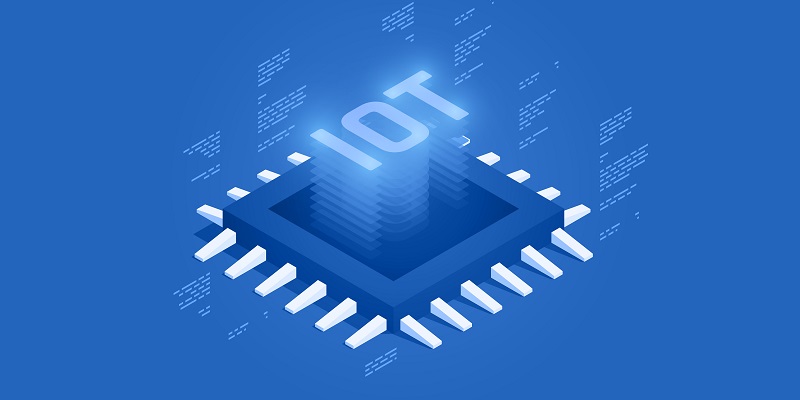In today’s digital age, technology plays a crucial role in reshaping how businesses and organizations operate. One significant technological advancement that has far-reaching implications is the Internet of Things (IoT). IoT can empower organizations and financial services to make data-driven decisions, leading to enhanced efficiency, productivity, and customer experiences.
Understanding Digital Transformation
Digital transformation is more than just utilizing technology; it’s about leveraging technology to work smarter and more effectively. It encompasses reimagining business processes, improving customer experiences, and driving innovation. Technologies such as cloud computing, augmented reality, 5G, and robotic process automation are some of the key drivers behind digital transformation. These technologies enable organizations to streamline operations, automate tasks, and enhance connectivity.
The Power of IoT in Digital Transformation
IoT plays a crucial role in driving digital transformation. By connecting devices and sensors, IoT expands the capabilities of organizations and financial services. It enables real-time monitoring, data collection, and analytics, enabling data-driven decision-making. With IoT, organizations can gather valuable insights and make informed choices to improve operational efficiency and drive business growth.
Improving the customer experience through IoT
One of the significant benefits of IoT in digital transformation is enhancing the customer experience. With IoT-enabled devices, organizations can provide real-time assistance to customers regardless of their location. These remotely controlled connected devices offer global accessibility and ensure a seamless experience. For example, in the healthcare sector, IoT devices can monitor patients remotely, providing immediate medical attention and improving the overall patient experience.
Cost reduction and resource efficiency with IoT
IoT can help businesses reduce costs by monitoring resources more efficiently. For instance, in agriculture, IoT sensors can monitor soil conditions, optimizing irrigation and fertilizer usage. This leads to significant cost savings and increased crop yields. Similarly, in manufacturing, IoT monitors the production process, ensuring that only high-quality products reach customers, thus reducing waste and minimizing defects.
Adaptive and customized products and services
IoT allows for extreme customization of products and services based on data from connected devices. By leveraging IoT data, organizations can adapt offerings to meet the individual needs and preferences of customers. For example, fitness trackers collect data about an individual’s exercise habits, allowing fitness companies to tailor personalized workout plans. This level of customization enhances customer satisfaction and loyalty.
Data-driven decision making and revenue opportunities
The Internet of Things (IoT) generates a massive amount of data from connected devices. This data can be leveraged to make smarter decisions and identify new revenue opportunities. Through IoT analytics, organizations can extract valuable insights, understand customer behaviors, and predict market trends. These insights enable businesses to optimize operations, introduce new products or services, and explore untapped markets, leading to increased profitability.
Future trends and challenges in IoT-driven digital transformation
As IoT continues to evolve, new trends and challenges are emerging. For instance, edge computing, which processes data closer to the source, is gaining traction to address latency and bandwidth concerns. Additionally, concerns related to data privacy and security need to be carefully addressed to build trust among customers and stakeholders. Innovation and adaptability will play a critical role in embracing IoT and staying competitive in the digital era.
The role of IoT in digital transformation cannot be overstated. It empowers organizations and financial services to make data-driven decisions, improves efficiency, and enhances customer experiences. As technology continues to advance and IoT becomes more prevalent, businesses must embrace this transformative force to stay relevant and competitive. By leveraging the power of IoT, organizations can unlock new opportunities, drive innovation, and shape the future of their industries. It’s imperative for businesses to seize the potential of IoT and embark on a successful digital transformation journey.

